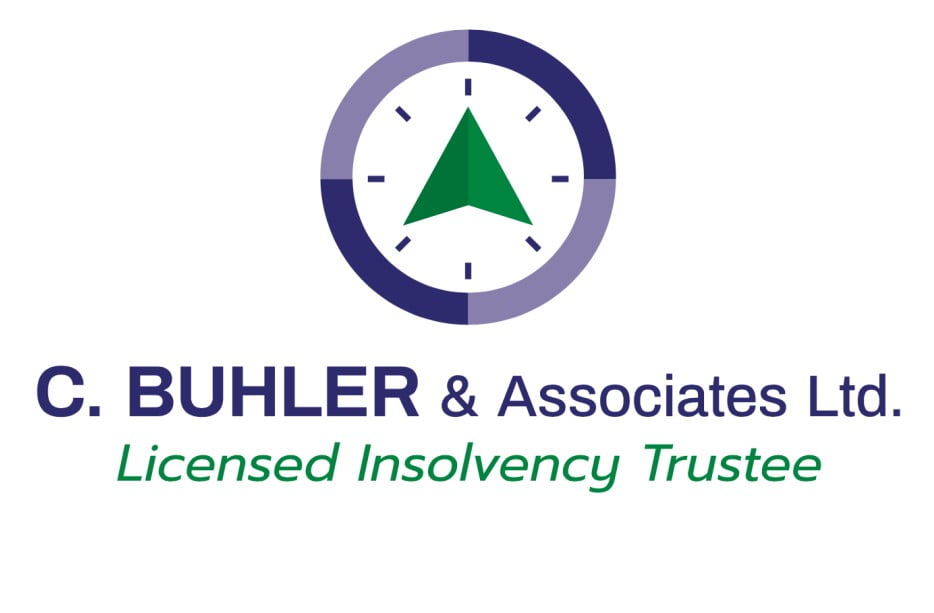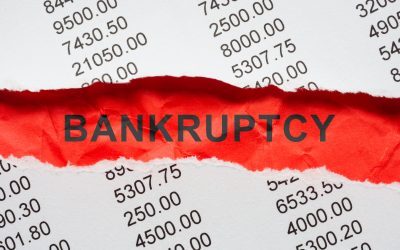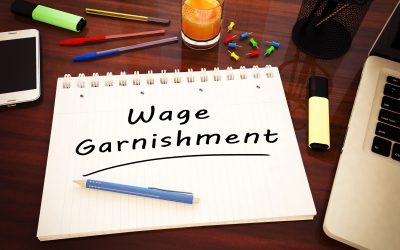Are you experiencing issues with your finances? It’s never easy. When combing through the alternatives, those struggling with their financial situation often ask if bankruptcy is the best option. While everyone experiences different financial difficulties, filing for bankruptcy isn’t always a bad thing. In fact, there are many benefits to be had when filing for bankruptcy. The advantages are different for everyone, but understanding the key benefits may help determine whether bankruptcy is the right move for you.
What Is Bankruptcy?
Declaring bankruptcy means that you are unable to pay off your debts, and have selected a Licensed Insolvency Trustee to formally help you deal with your debt. Personal bankruptcy is a legal process overseen by a Licensed Insolvency Trustee (LIT). LITs are the only regulated professionals able to administer bankruptcies. When debtors are unable to pay their debts, they often face wage garnishments or frozen bank accounts. Filing bankruptcy can stop those actions. There are bankruptcy pros and cons, just like any debt relief option.
Every personal situation is different, and there are various reasons why someone may want to file for bankruptcy. Unemployment, divorce, and/or illness can all impact your finances, but bankruptcy may be able to help.
The Benefits of Filing Bankruptcy
Protection From Creditors
Because bankruptcy is a legal procedure, debtors are granted immediate protection against individual action from creditors. When a debtor files for bankruptcy or consumer proposal, an automatic stay of proceedings is initiated, meaning creditors won’t be able to take any legal action against you or collect money from you without permission from the Bankruptcy Court.
If your bank account has been frozen or you’re experiencing wage garnishment, the account will be released, and the garnishments will stop. In addition, any lawsuits against you will be ceased. While experiencing debt relief, you can use the time to catch up with your mortgage and utility payments.
Creditors Must Follow the Bankruptcy Rules
Unlike other debt management or debt settlement plans, a creditor cannot simply refuse your bankruptcy claim. By law, your unsecured debts will be dealt with when you file for bankruptcy. Creditors have no choice but to abide by the rules set by the government and court. Once the bankruptcy is filed, debt collectors must stop contacting you.
Eventual Financial Freedom
If you complete the duties required in your bankruptcy, you can be out of debt in as little as 9 months. This will depend on several factors, such as whether you need to make surplus income payments.
Most first-time bankruptcies are discharged in nine months, if the bankrupt is earning less than the set income guidelines. If the debtor’s wages are above the set income guidelines, they’ll have to pay surplus income payments, and the process will take 21 months.
During bankruptcy, you’ll also have specific duties to fulfill, such as the following:
- Report your assets and liabilities to your Licensed Insolvency Trustee.
- Surrender your credit cards (but you can obtain a secured card or Visa Debit to use during the bankruptcy).
- Report your monthly income and spending.
- Provide details to complete your income tax returns.
- Attend two credit counselling sessions.
Once you’re discharged from bankruptcy, it means you’re no longer bankrupt. You are no longer responsible for your previous debts, and you’re free to rebuild your credit.
Cost Doesn’t Equal Debt Amount
There, of course, is a cost involved when you file for bankruptcy. However, the cost of filing has nothing to do with the amount of debt you owe, and often depends on the amount of your household income, your assets, and your situation. Bankruptcy is often the least expensive debt relief solution, especially for those with exempt assets and who don’t have to pay surplus income payments.
Fix Your Credit
When filing, your credit score will be negatively affected for some time and the bankruptcy will stay on your credit report for six years following your discharge. However, those struggling with their debts have likely been experiencing poor credit scores for a while. When you file for bankruptcy, you’ll be heading down a path toward rebuilding your credit. How? You can start as soon as you are discharged from bankruptcy. Some individuals find that their credit scores improve significantly due to an improved debt-to-income ratio.
Education
Since attending credit counselling sessions is a mandatory part of the bankruptcy process, you should take advantage of what you can learn. The sessions will teach you more about finances, investing, budgeting, and how to obtain better credit. Every bit of information is something that can better your financial future.
Peace of Mind
Financial struggles and living with debt can be very depressing. Creating a fresh financial start can lift that weight. The most common benefit of bankruptcy is that you can relax, knowing that your debts are under control. The bankruptcy process is not something that should be taken lightly, but the feeling of starting over can be very freeing.
Clear Debts
The most beneficial aspect of filing bankruptcy: Your debts will be cleared. Bankruptcy will discharge most unsecured debts, except for those not permitted to be discharged by law. In the end, you’ll most likely find yourself with manageable payments, more disposable income, and less debt.
Filing bankruptcy in Winnipeg can be the first step in clearing your debts and finding debt relief. If you believe you can benefit from filing bankruptcy, make an appointment with our team of debt specialists today, and receive your free consultation. We ensure that all our clients receive the essential information and advice necessary to make an informed choice about their financial future.





